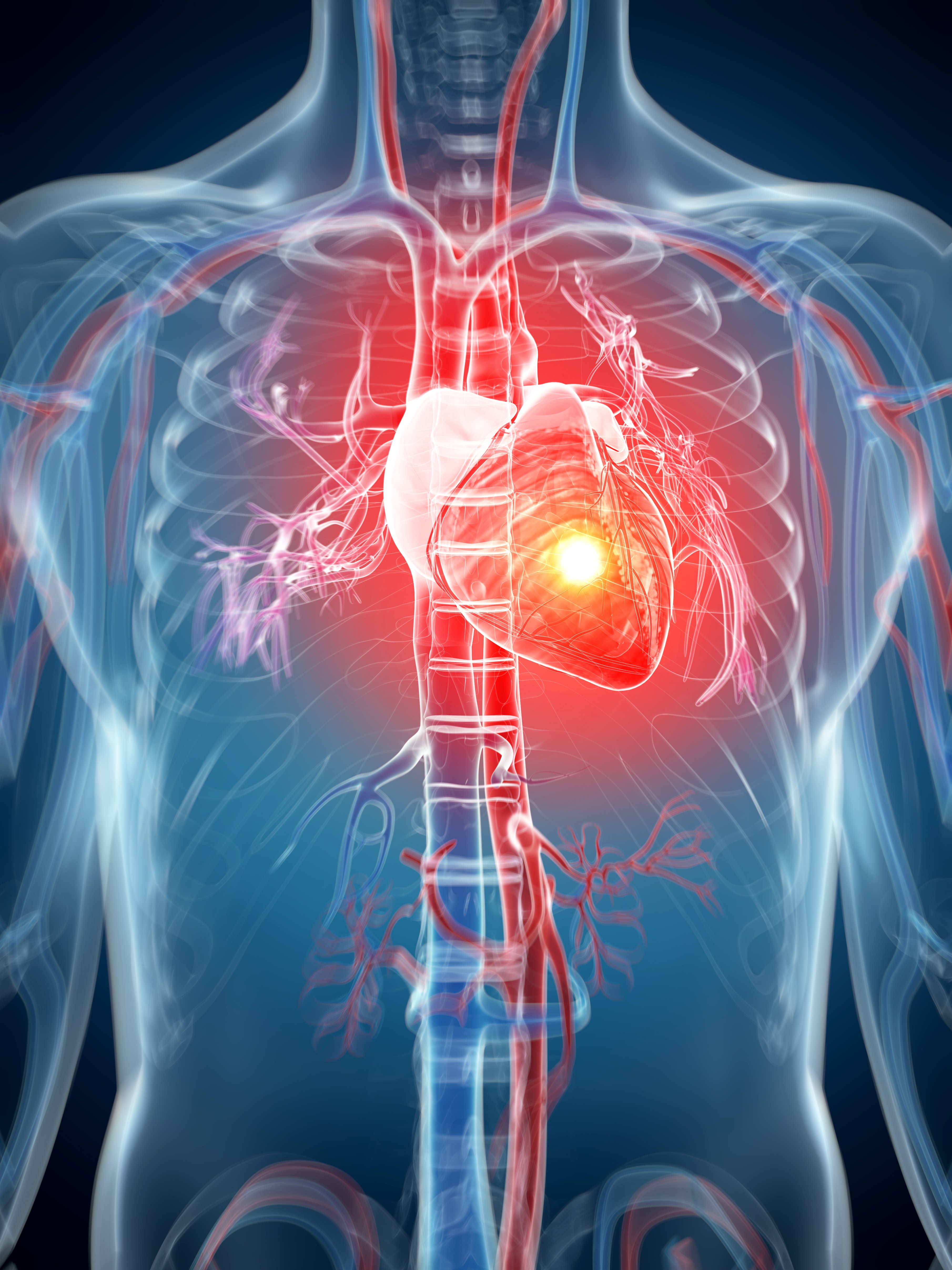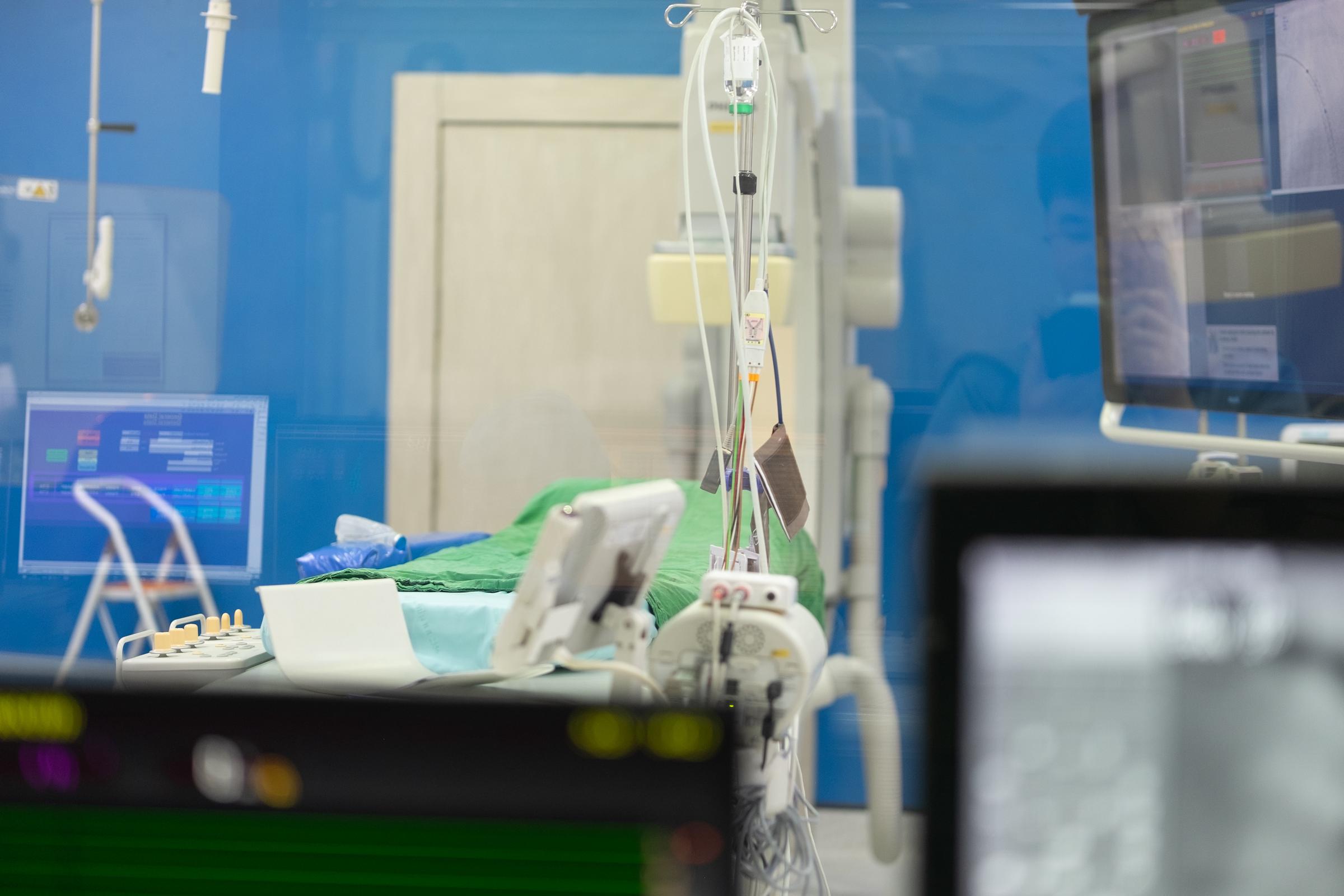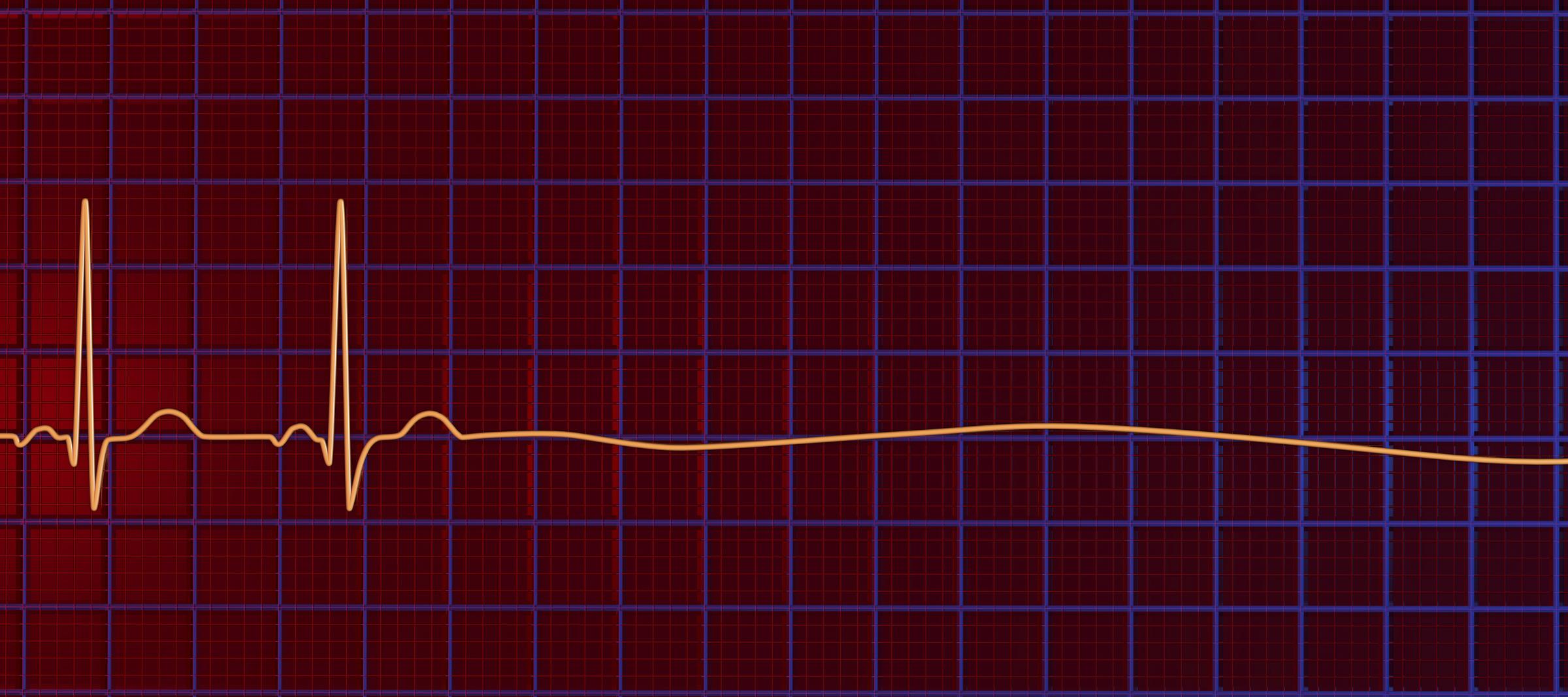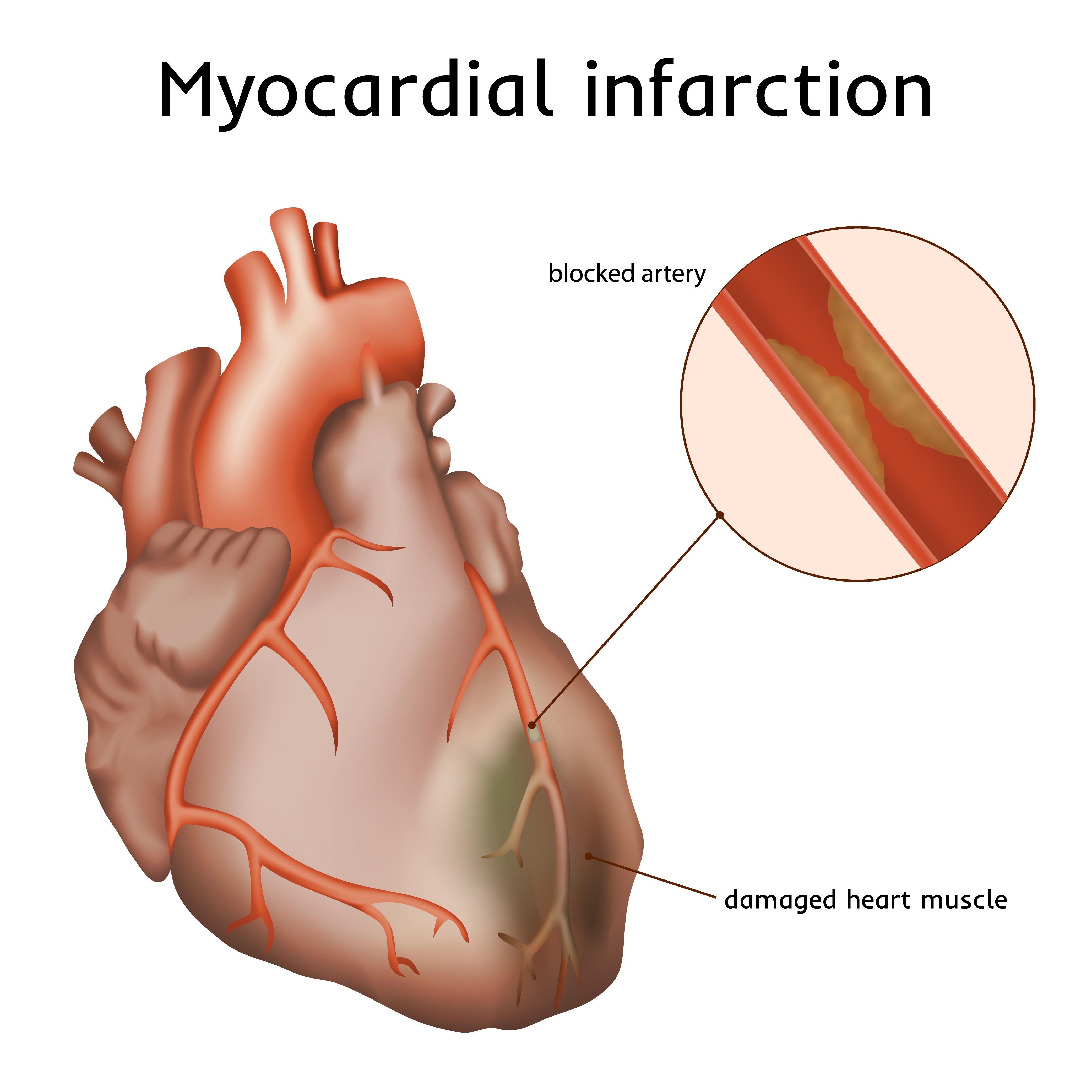
A Soon-to-Be Father Died Suddenly Just Hours Before His Child Was Born – But It Could Have Been Prevented
Three weeks before his death, he had struggled to get an in-person appointment with his GP. When his symptoms worsened, he called emergency health services and was directed to the hospital. Despite ECG abnormalities being detected, he was sent home without treatment.
In the early hours of a day meant for new beginnings, a devastating silence fell over a Manchester home. A father-to-be never woke up to meet the child he'd been eagerly awaiting. By sunset, his partner was holding their newborn alone, her joy eclipsed by grief and confusion.
As the hours turned into weeks, a painful truth began to unravel. His death wasn't just tragic — it was preventable. A missed diagnosis during a hospital visit days earlier had gone unaddressed. And now, every milestone their child meets is a reminder of his absence.
'Baby Day': The Morning of the Tragedy
At approximately 5:15 a.m. on June 7, 2023, Rebecca Moss walked into the living room of her home in Greater Manchester. Her partner, Thomas Gibson, had fallen asleep on the couch the night before.
It was the day of their planned cesarean section, and Moss, 39 weeks pregnant, approached him and said, "Wake up, it's baby day." But Gibson did not respond. Realizing he was unresponsive, Moss called 999 and began performing CPR.
Reflecting on the experience, Moss shared, "I didn't feel like I was in the room, I felt like I was watching myself. It was just so surreal, and I just don't know how I kept my cool. I just knew I had to keep calm... You just kind of go into survival mode."
Emergency responders arrived shortly after, but their efforts were unsuccessful. Gibson, 40, was pronounced dead at the scene. Later that day, Moss proceeded with the scheduled cesarean section and gave birth to their daughter, Harper.
Though she had been offered the option to delay the procedure, Moss chose to continue as planned. "I just need her here now, because I can't worry anymore," she decided.
Although the couple had just started expanding their family, they had been together for years.
From Online Connection to Expecting Parents
Moss and Gibson first crossed paths in 2016. They initially met through a dating site, but it wasn't until later, through mutual friends, that a real connection formed. Their relationship developed gradually, evolving from casual acquaintances to a long-term partnership.
Over time, they built a shared life in Greater Manchester and eventually began planning for a family of their own. When Moss became pregnant, Gibson embraced the idea of fatherhood with enthusiasm.
He looked forward to the birth of their daughter and was actively involved in preparations. Moss later said, "He was just so excited and obviously he never got to meet her."
Three Weeks Earlier: Missed Red Flags
In mid-May 2023, three weeks before his passing, Gibson began experiencing symptoms that he believed were related to a stomach bug. The illness persisted, and over time, his condition did not improve.
Seeking medical attention, he attempted to get an in-person appointment through his general practitioner at Delamere Medical Centre in Stretford but was unsuccessful. When his symptoms continued, Gibson contacted the NHS 111 helpline.
Based on what he described, he was directed to visit the Accident and Emergency Department at Wythenshawe Hospital. He arrived there on May 27, 2023. While in A&E, Gibson underwent an electrocardiogram (ECG).
The results showed signs of a complete heart block. Despite this, doctors did not admit him for further cardiology evaluation. Instead, he was discharged with instructions to follow up with his GP regarding the ongoing stomach symptoms. No further testing or cardiology referral was arranged at the time.
What Is Heart Block?
Heart block, also known as atrioventricular (AV) block or a conduction disorder, occurs when the electrical signals that coordinate the heartbeat are delayed or blocked as they move from the upper chambers (atria) to the lower chambers (ventricles) of the heart.
These electrical impulses typically pass through the AV node, a small cluster of cells that act as a relay station. When this process is disrupted, the heart may beat irregularly or too slowly to maintain adequate blood flow.

Computer-generated illustration of a human heart during cardiac arrest | Source: Getty Images
There are three degrees of heart block, with third-degree or complete heart block being the most severe. In this form, no electrical signals reach the ventricles. As a result, the heart cannot maintain a normal rhythm, and the body may receive insufficient oxygenated blood. This can lead to symptoms such as:
- Chest pain
- Shortness of breath
- Dizziness
- Fainting
- Nausea
- Fatigue
- Heart palpitations
- Rapid breathing

Coronary artery angiography showing blood flow in the heart | Source: Getty Images
In many cases, a third-degree heart block requires immediate intervention. A pacemaker — a small device implanted under the skin — can help regulate the heartbeat by sending electrical signals directly to the heart.
Without treatment, third-degree heart block can result in sudden cardiac death, particularly if left unmonitored. While some forms of heart block can be mild and symptomless, severe cases like Gibson's present a clear risk. His ECG showed the most serious form, but no action was taken.

Illustration of an ECG flatline, indicating cardiac arrest due to asystole | Source: Getty Images
A Preventable Tragedy
In the weeks following Gibson's death, no inquest was initially scheduled. The cause was ruled as sudden cardiac death, and there were no immediate plans to investigate further. But as more information emerged, Moss continued asking questions about what had happened.
Months later, the Manchester University NHS Foundation Trust reopened the case. The hospital acknowledged that Gibson should have been admitted to the cardiology department at Wythenshawe Hospital during his emergency visit on May 27.
There, he could have received further evaluation and, if appropriate, been fitted with a pacemaker. According to the Trust, this course of action "would have likely prevented his death." An inquest was scheduled to take place in June 2024 at Stockport Coroner's Court.
Moss attended the two-day hearing and learned that Gibson's abnormal ECG had been misread. "It was my worst nightmare," she said. Despite his serious condition, no cardiologist had been consulted, even though the cardiology unit was located nearby.
For Moss, attending the hearing meant confronting the decisions that led to her partner's death. Though she had dreaded the process, she believed it was necessary to understand exactly what had gone wrong.
"They had to look me in the eye and say what they'd done," Moss shared. "And that was a good thing for me to see and have them do." But while the inquest offered answers, it was hard for Moss, especially as their daughter began reaching milestones Gibson never had the chance to witness.
A Bittersweet First Year
In June 2024, Moss marked her daughter Harper's first birthday. The day brought mixed emotions, joy for the milestone Harper had reached and sorrow for the absence of the father who had looked forward to that very moment.
Moss chose to focus the celebration on Harper, deciding to honor Gibson on his own birthday in April instead. "It's her birthday, it's the only one she's got, it's the day to celebrate her," she said. "Her birthday should be a happy time, and something for her to celebrate."
As Harper began reaching new milestones — her first steps, first words — his absence became more visible. Moss recalled a moment when Harper took her first steps and unknowingly walked toward a memory board created for Gibson's wake. She described it as both touching and painful.
For Father's Day, Moss and Harper visited Gibson's grave. Harper brought along a handmade card from the nursery, a gesture Moss hoped would help establish a sense of connection in his absence. She said she was "trying to make it as normal as possible."
More than a year after his death, Moss acknowledged that the reality of his absence still hadn't fully settled. "I don't think it'll ever really truly sink in that one minute he was here, and one minute he's not," she said.
When Moss shared her story publicly in 2024, the reaction from readers was immediate. One supporter wrote, "Unbelievably sad story. What a horrendous experience for that poor lady. Absolutely horrific in every detail."
Others echoed that sentiment with comments like, "Noooo! That's terrible! That poor woman!" and "Absolutely awful, that poor girl." One simply called the story "Heartbreaking."
Moss's experience struck a nerve because of how ordinary the circumstances had been. A man in distress followed medical advice. A critical result was overlooked. A partner died the same day he was supposed to become a father.
Gibson died from a condition that was detectable and treatable — one that affects thousands of people each year, often without warning.
Preventing and Treating Heart Block
While not all cases of heart block can be prevented, certain risk factors, especially those linked to heart disease, can be managed. Steps that may help reduce risk include:
- Eating heart-healthy foods
- Getting regular physical activity
- Getting enough sleep each night
- Managing stress
- Limiting alcohol
- Avoiding smoking and recreational drug use

Young man clutching his chest, potentially experiencing cardiac pain or severe discomfort | Source: Getty Images
People taking medications or supplements should also speak with a healthcare provider. Some substances can affect potassium, calcium, or magnesium levels — electrolytes that are vital to the heart's electrical function. If needed, a healthcare provider can suggest safer alternatives.
Treatment depends on the degree and severity of the block. In mild cases, especially first-degree heart block, treatment may not be necessary. For second-degree block, especially if symptoms are present, a temporary or permanent pacemaker might be recommended.

Illustration of a heart attack, highlighting a blocked coronary artery and damaged heart tissue | Source: Getty Images
In nearly all cases of third-degree heart block, a pacemaker is required to restore proper rhythm and support the heart's function. Providers consider a patient's symptoms, overall heart function, and specific type of heart block when determining the best course of treatment.
Timely evaluation and intervention can prevent complications. In cases like Gibson's, where ECG abnormalities point clearly to a serious conduction issue, early diagnosis and treatment may mean the difference between life and death.
The information in this article is not intended or implied to be a substitute for professional medical advice, diagnosis or treatment. All content, including text, and images contained on news.AmoMama.com, or available through news.AmoMama.com is for general information purposes only. news.AmoMama.com does not take responsibility for any action taken as a result of reading this article. Before undertaking any course of treatment please consult with your healthcare provider.
